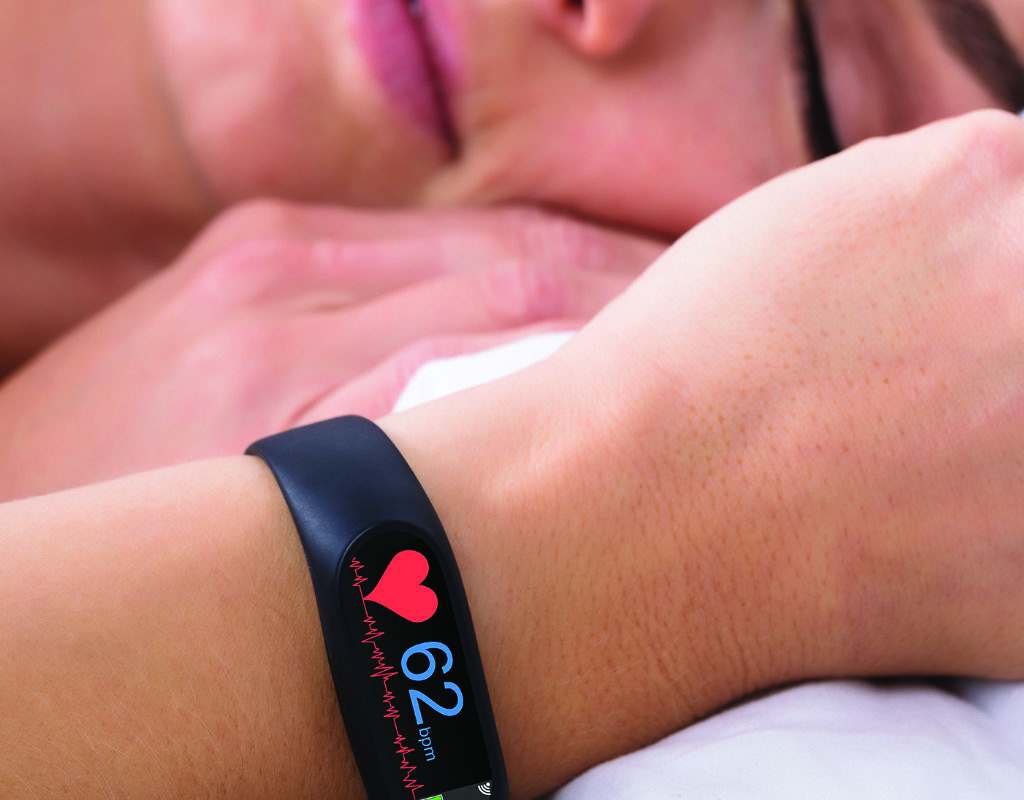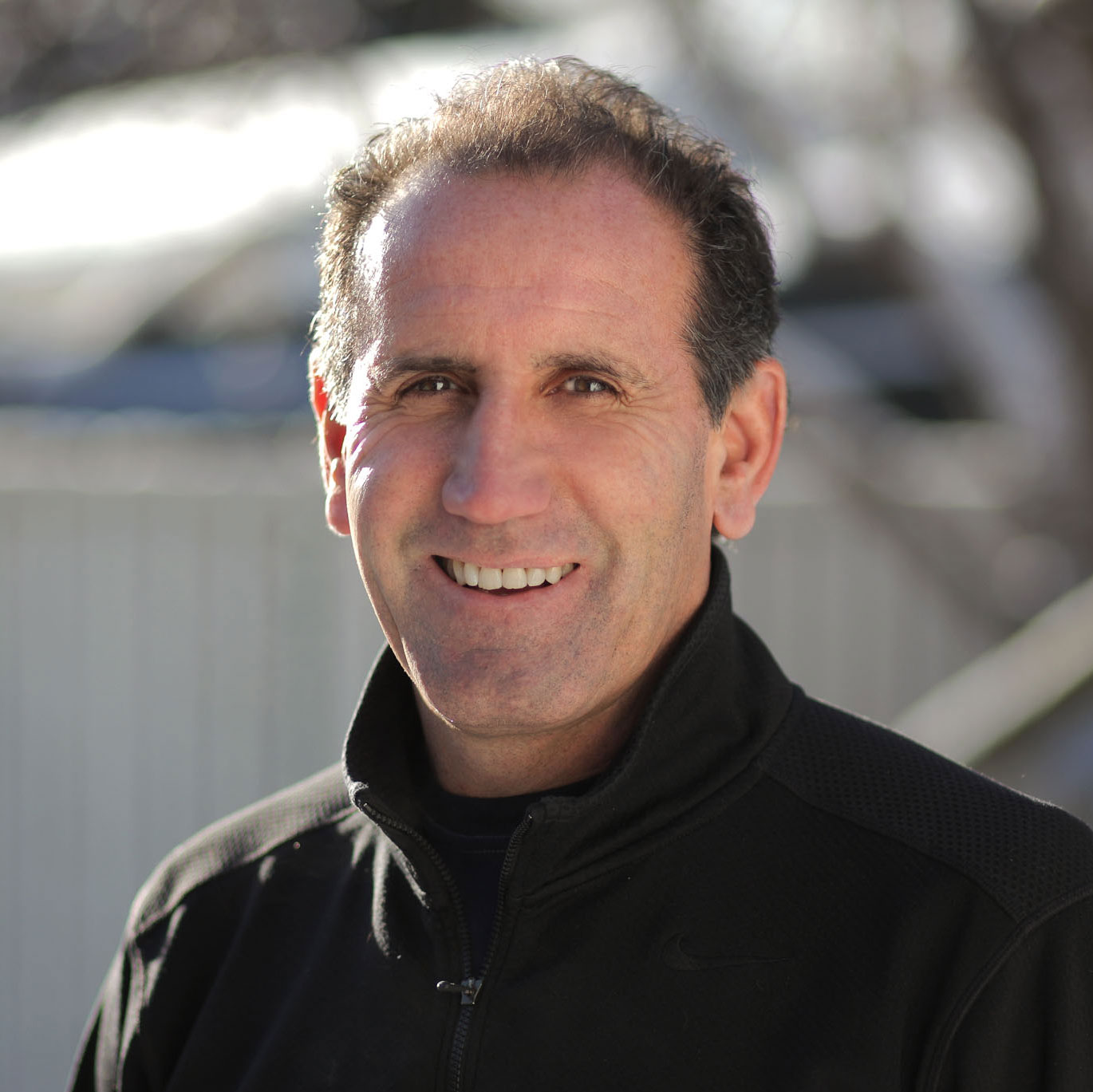Sleep is the Secret to Improved Fitness

By Mike Bracko, Ed.D., CSCS, FACSM
The on-line Merriam-Webster dictionary defines sleep as “the natural periodic suspension of consciousness during which the powers of the body are restored.” For fitness and sports performance, we want sleep to be our best friend, and our training partner. Proper sleep each night improves fitness and sports performance,and helps clients lose weight.
Overview of Healthy Sleep
There are five stages of sleep through which we cycle during the night in a pattern called “sleep architecture.” During stage one, the muscles relax, there is a loss of self-awareness, and body prepares for deeper sleep. Stage two is a light dreamless sleep with a loss of nearly all muscle tone, and brain activity, heart rate, and breathing slow down. Stage three is the beginning of deep sleep and human growth hormone starts to be released. Stage four is the deepest sleep, and is important because it replenishes physical and mental energy. The body does most of its repair work in stages three and four because of the release of human growth hormone, which is important for fitness clients. Stage five is called “Rapid Eye Movement” (REM) sleep because the eyes dart back and forth. Dreaming is done in stage five. Dreaming is important for healthy brain functioning, providing energy to brain and body, and creation of long-term memories (National Sleep Foundation).
The Black Hole of Not Sleeping
Most adults need seven to nine hours of quality sleep per night. Most get around 6.5 hours. Van Cauter, et al., (2008) indicate reduced sleep duration and quality are endemic in our society. To understand the significance of getting less sleep Roehrs, et al., (2003) found eight-hour sleepers who got 6-hours sleep had impaired performance the same as drinking two to three beers, which equates to an approximate .05% blood alcohol. They also found that getting four hours of sleep impaired performance the same as drinking five to six beers, which equates approximately to a .10% blood alcohol. As this relates to our fitness clients, it is difficult to improve fitness when experiencing the symptoms of poor sleep.
Sleep, Obesity, and Health
Reduced sleep time and quality has been linked to an increased risk of being overweight or obese. Chronic poor sleep increases signals to the brain to eat and decreases signals telling the brain that enough food has been eaten). When we get less sleep, the hormone cortisol increases which can increase cravings for high fat “comfort” foods. Poor sleep also decreases levels of leptin, a satiety-promoting hormone (gives the feeling of being satisfied after eating), and increases levels of ghrelin, an appetite-promoting hormone. Spivey (2010) indicates shorter sleep is correlated with the incidence of obesity, hypertension, and other metabolic disorders.
In Patel and Hu’s (2008) meta-analysis, they found when comparing adults who got four hours sleep/night to adults getting 10-hours over a period of two days, both hunger and appetite scores on a visual analog scale were higher in the four hour sleepers.They also found the increased appetite was for high fat and high carbohydrate foods. These appetite scores corresponded with elevations in ghrelin and reductions in leptin.
Sleep Can Improve Fitness and Sports Performance
Because of the release of human growth hormone in stages three and four, sleep is referred to as the “Athletes Steroid.” Human growth hormone helps maintain and repair muscle and cells, and is key to improving fitness and sports performance.
Cheri Mah, Ph.D. (Stanford University Sleep Clinic) indicates “sleep is an important factor in peak athletic performance” and “athletes may be able to optimize training and competition outcomes by identifying strategies to maximize the benefits of sleep.” Research on the effect of getting more sleep is done by testing athletes on sports performance when they are getting their normal amount of sleep (seven to eight hours), then increasing their sleep to nine to 10 hours. After six to seven weeks of increased sleep, the athletes are tested again. In three studies authored by Cheri Mah, swimmers swam faster, football players ran faster, and basketball players performed a shuttle run faster and were more accurate with free throw shooting. Schwartz & Simon (2015) studied seven female and five male college tennis players. Serving accuracy improved by 6.10% after the players got more sleep. Samuels (2009) indicates there is an important relationship between physical recovery during sleep and a client’s ability to train at maximum capacity, getting optimal results. With human growth hormone being secreted in stages three and four, it is important to pay attention to sleep time and quality of sleep.
Conclusion
In conclusion, when clients do not get enough sleep, they can suffer the consequences of increased hormones that promote appetite and the craving for high fat foods. However, when clients do get enough sleep, the same as the athletes in studies where they had ten hours of sleep, sports and fitness performance can be dramatically improved.
For more on the science of sleep and how we can sleep our way to fat loss, improved fitness, and epic sports performance, catch Mike Bracko at canfitpro2019 in Toronto!

